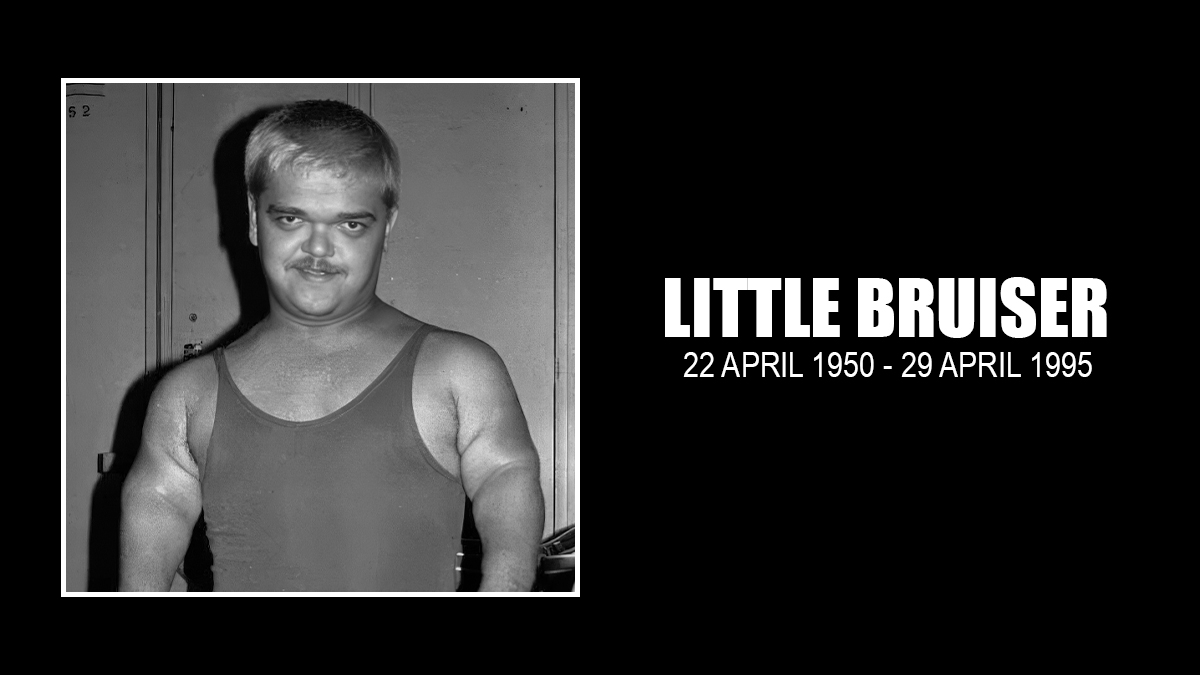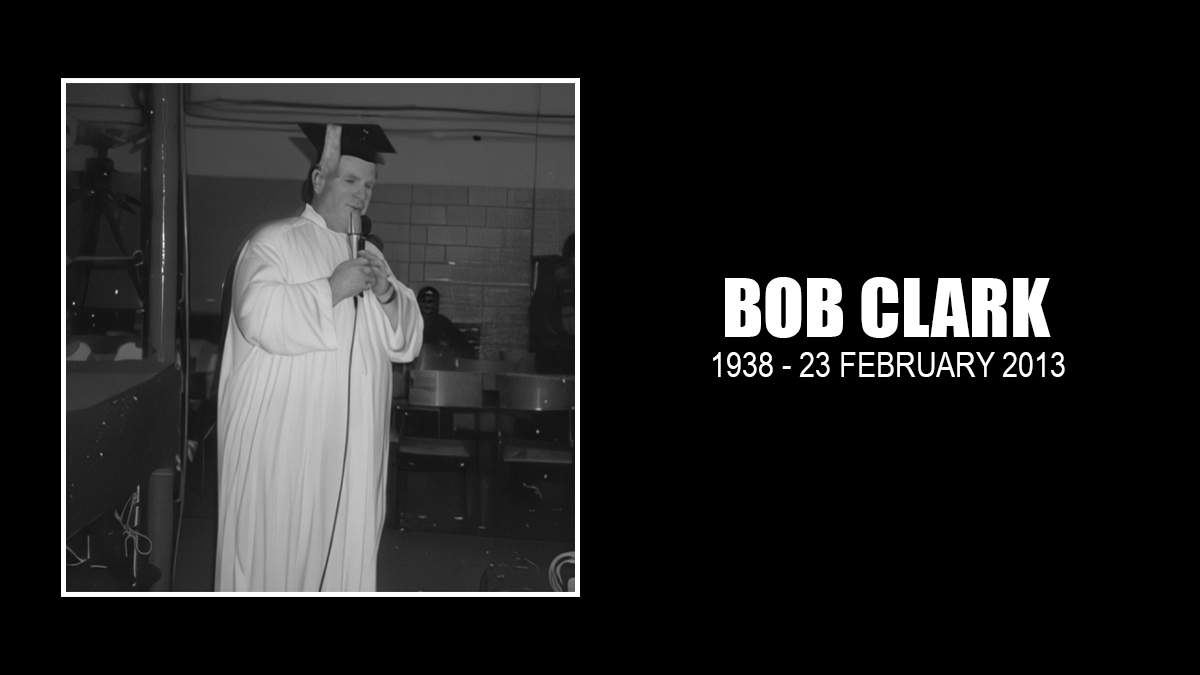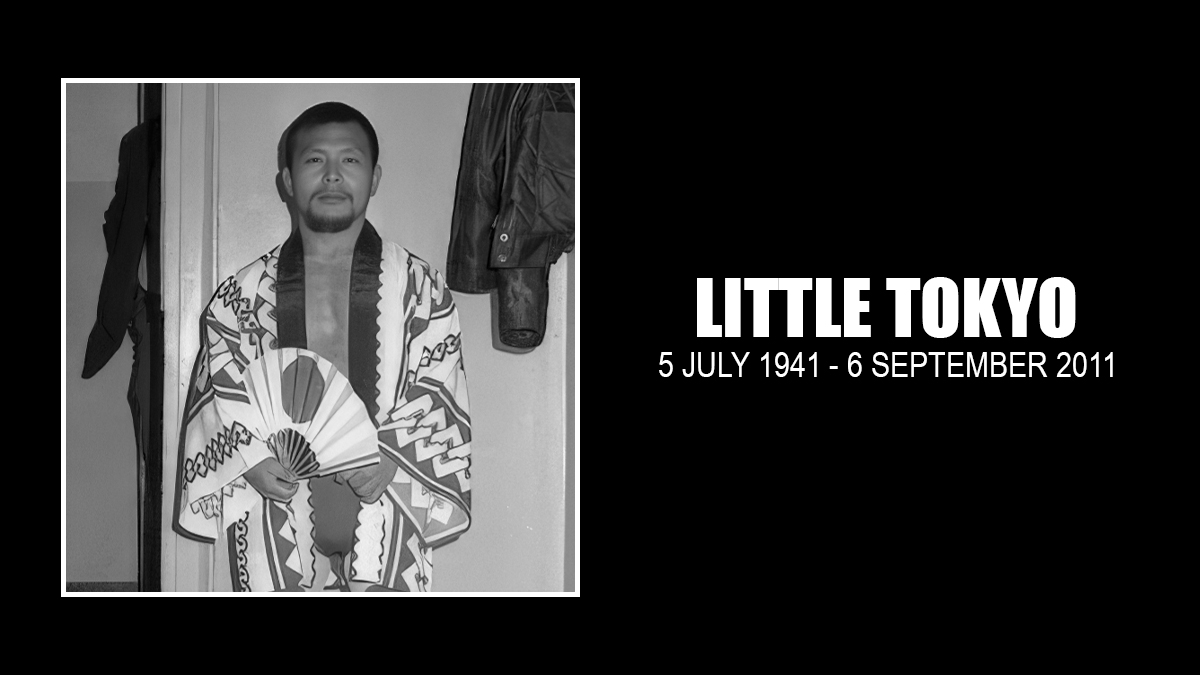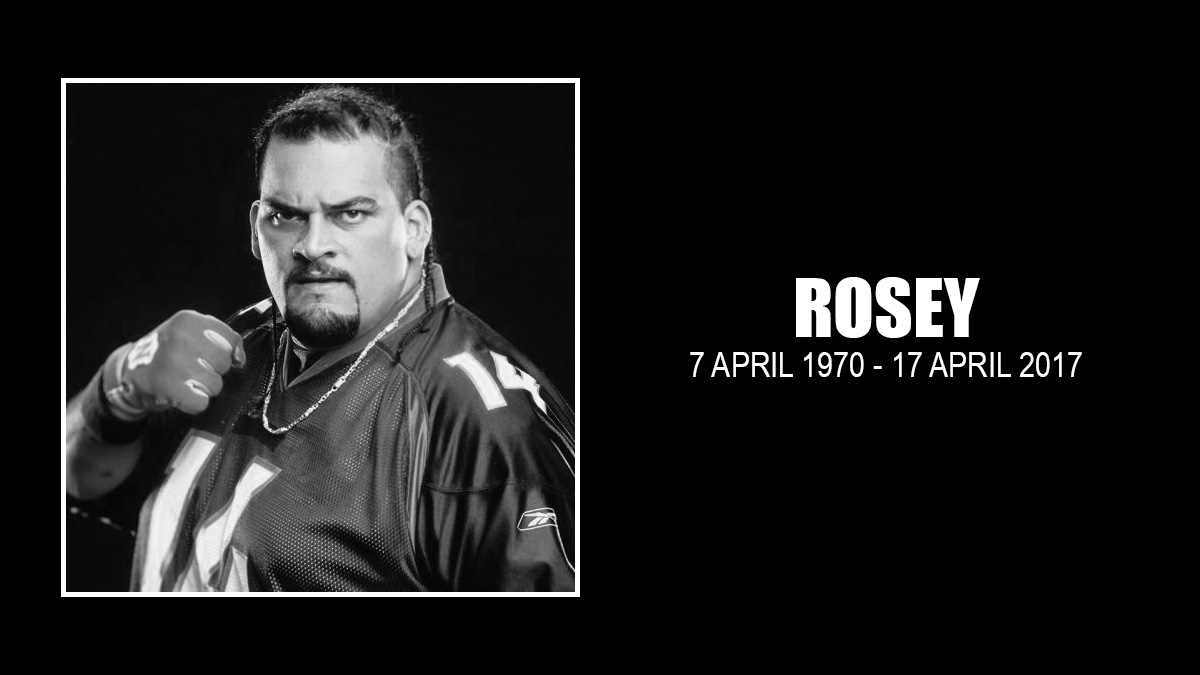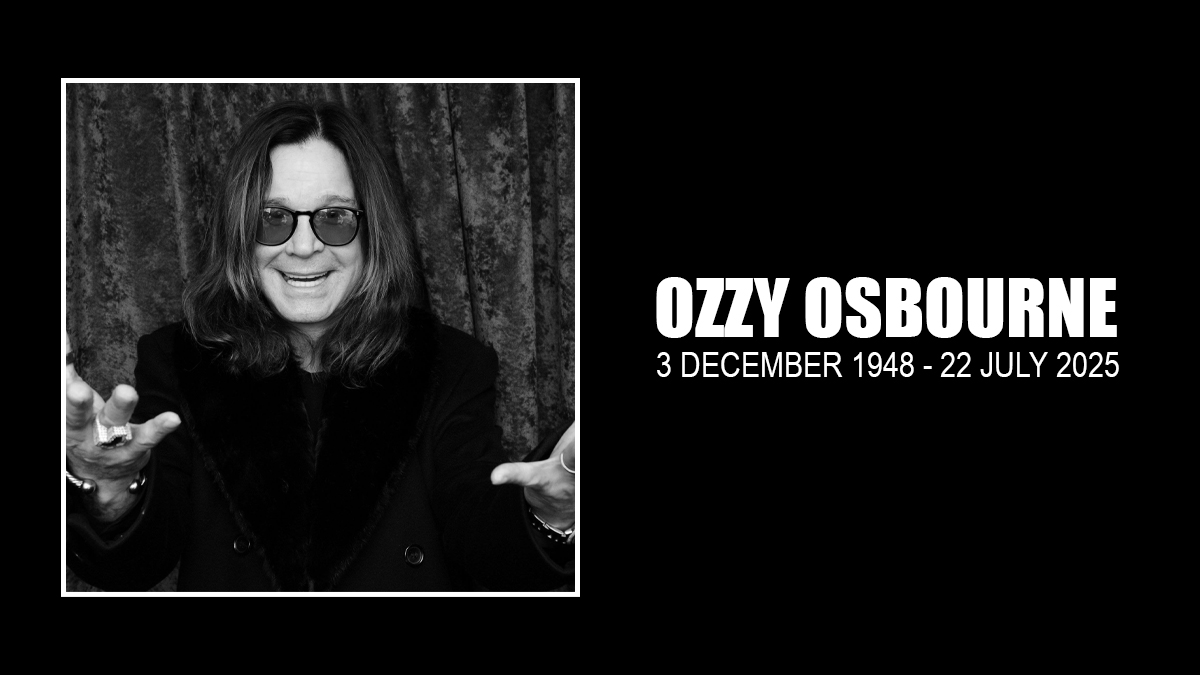Dwarf wrestler Murray “Little Bruiser” Downs lived a life unordinary.
He was the only dwarf among his four sisters growing up in Wallaceburg, Ontario, a lumber and boat building enclave that sits along the banks of the Sydenham River.
But an aggressive demeanor in and out of the wrestling ring blanketed Bruiser’s small stature, which became somewhat of a novelty along the river docks, where, as a child, Bruiser would tie up boats for tips.
“It was here Butch learned that being different from the ‘norm’ could sometimes work to his advantage,” recalls his son, Mike Downs in a Web site dedicated to his father, LittleBruiser.com.
As a teen, Bruiser fled the home of his alcoholic father, who sometimes struck his son. He joined just about the only place that a dwarf in the early 1960s was welcome — the carnival.
It was there that Bruiser would witness his first wrestling match. They were bigger, stronger, faster. But Bruiser was hooked.
“I want to do that,” he told referee John “Johnny London, The Mortician” Rosenberg, whose daughter Bruiser would later wed.
It was the beginning of the career of one of the most popular midget wrestlers of the era; a career some say has been modeled after the late Dick the Bruiser, who was known for his hardcore style. Bruiser sported the same crew cut and teeth bearing grimace for which that Dick the Bruiser was known for.
Bruiser wrestled mostly as part of a tag team, with appearances across the country; his name would almost always sit below the card’s main event, under large letters that read, “MIDGETS.”
He is popular for a bout in the early ’70s in a six-man tag match between himself, Dick the Bruiser and Crusher versus Blackjack Mulligan, Blackjack Lanza and star manager Bobby “The Brain” Heenan. When the Blackjacks first beat Bruiser and Crusher for the WWA tag team championship, Bruiser and Crusher protested that it was because of Heenan’s interference.
The two requested a six-man tag team match and selected Bruiser as their third man.
At the time, Mulligan stood 6-foot-10 and weighed 335-pounds while Lanza was 6-foot-4 and a solid 250 pounds.
Bruiser was about 4’0″ and 95 pounds during most of his career.
Late in the match, Mulligan slammed Little Bruiser off the top rope. Bruiser was toted from ringside on a stretcher.
“When we did the midget — we took Little Bruiser in Indianapolis, I picked the midget up, slammed him, and left him in the ring, and we left. The next day after the TV show, I walked into the 7-11, and the lady spits on me. ‘Get out of here. We don’t want your business in here, people like you,'” recalled Mulligan in September 2006. “I’m not realizing that the show just showed, because I was working out of town. I was cross-working with Toronto and up over in Montreal with the Vachons. I missed a bunch of it, and I came back into town and stopped in the 7-11 for a smoke, gum or whatever. … Real, true heat. ‘Unbelievable that you slammed that little midget, you dirty, filthy …'”
Lanza “said it was his favorite angle ever,” Mike Downs recalled for SLAM! Wrestling. “He said they had heat for months after that. Everywhere they went people hated them for what Bobby ‘did to my dad.'”
It was the type of routine that Little Bruiser, and any midget wrestler, would always be prepared for.
A newspaper columnist in Eureka, California described a match with Little Bruiser and several others as “comedy, acrobatics, clever acting and skillful holds.” At one the end of the first fall in this 1968 match, Little Bruiser and his partner Mighty Atom did pushups during the intermission to prove their earlier loss was a mistake.
It was a comic act that Bruiser would occasionally bring to his home in a small town in southern Ontario, where he lived out the remainder of his years as a stay at home dad.
Downs recalls his father jokingly hitting on his male friends who joined the family for dinner. But mostly, “people were afraid of him,” Downs recalls. “He looked scary.”
Bruiser spent the last ten years of his life in a wheelchair, plagued with spine problems common to dwarfism. He was killed in a car accident on April 29, 1995 after falling asleep at the wheel. Downs was not yet 20 when his father passed.
“Honestly, he had a tough life,” Downs said. “Being a little person is not easy.”
